ARTICLE AD BOX
While Montreal burned, Canadian Prime Minister Justin Trudeau was notably absent from the crisis, attending a Taylor Swift concert.
By Linda Sadacka, Exclusive to World Israel News
Montreal is no stranger to antisemitism, but since October 7, the hostility against Jewish communities has reached alarming levels.
From violent protests targeting synagogues and Jewish-owned businesses to direct threats of physical harm, the environment for Jews in Montreal has become increasingly dangerous.
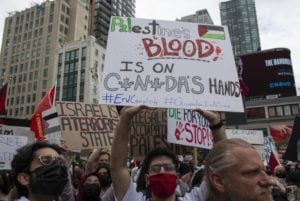
Anti-Israel protest near Mcgill University, Montreal, Canada. (Screenshot/Facebook)
Yet, amidst the chaos, Jewish leaders, students, and activists are responding with resilience, legal action, and a firm commitment to their identity.
At the forefront of this fight for justice are individuals like Michael Hollander, a commercial lawyer who has coordinated high-profile cases to defend Jewish institutions; Neil Oberman, a lawyer and the Conservative candidate for Mount Royal who has represented key cases in court; and Ysabella Elisheva Hazan, a young law graduate and activist advocating for open dialogue in the face of intimidation.
Together, they represent a community fighting not only for its safety but for its right to exist unapologetically.
A City at Boiling Point
The rise in antisemitism in Montreal is no longer confined to rhetoric—it’s spilling into the streets. On November 29, a man entered a Jewish-owned business and shouted a tirade of threats, declaring, “We’re gonna kill you one by one!”
The incident was caught on video, and while a police report was filed, no arrests have been made.
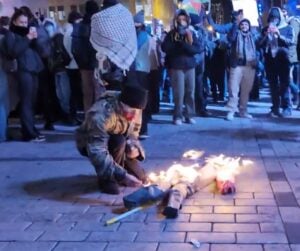
Anti-Israel protestor setting fire to effigy of Prime Minister Benjamin Netanyahu during anti-Israel riot in Montreal, Friday, November 22, 2024 (Nioh Berg/X)
This incident follows a violent pro-Palestinian riot in Montreal, where demonstrators set fire to an effigy of Israeli Prime Minister Benjamin Netanyahu, smashed store windows, and torched vehicles. These events are far from protests—they are hate-fueled rallies that incite violence.
While Montreal burned, Canadian Prime Minister Justin Trudeau was notably absent from the crisis, attending a Taylor Swift concert.
His presence at the concert sent a starkly different message to the Jewish community and to Canadians at large about the priorities of the country’s leadership during a moment of rising tension and violence.
Although Trudeau condemned the riots days later, stating, “Acts of antisemitism, intimidation, and violence must be condemned wherever we see them,” his earlier statement that he would arrest Netanyahu if he visited Canada undermined his credibility.
For many, these mixed messages embolden antisemitic actors who view Jewish identity as inseparable from the Jewish state.
The Legal Battle: Protecting the Community
As antisemitic hostility mounts, Michael Hollander has taken on a central role in coordinating legal protections for Montreal’s Jewish institutions.
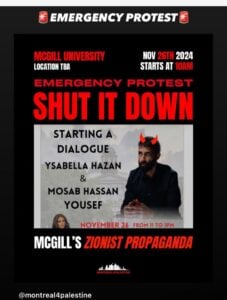
Montreal4Palestine poster at McGill (Courtesy)
Hollander and Neil Oberman collaborated on obtaining an injunction to protect Federation CJA, Montreal’s largest Jewish organization, after hostile groups including Montreal4Palestine, Independent Jewish Voices, and the Palestinian Youth Movement (PYM) laid siege to its building on March 4, 2024.
Protesters blocked the doors for hours, vandalized the property, assaulted attendees, and chanted, “Death to the Jews.”
The injunction, which Oberman represented in court, was later expanded to protect 27 Jewish institutions, including synagogues, schools, and community centers. These institutions now have a 50-meter buffer zone, offering a measure of safety from similar attacks.
Hollander played a key role in coordinating efforts to ensure legal action was effective and consistent throughout this period.
“These aren’t protests—they are literal hate rallies meant to intimidate and silence,” Hollander explained. “In 2024, Jews shouldn’t have to navigate this level of hostility just to attend school or synagogue.”
The Legal Climate in Montreal
Despite these challenges, Hollander noted that the courts have been largely receptive to cases addressing antisemitism. “The courts have consistently shown they are ready to come to the aid of those who need it,” he said. However, he emphasized that obstacles often stem from administrative bodies and inconsistent enforcement of laws.
“Institutions like the Human Rights Commission have proven ineffective in addressing these issues,” Hollander explained. “It’s not the courts that fail us—it’s the inconsistent application of the law by those tasked with upholding it.”
Notable Moments in the Fight
Hollander shared several pivotal moments from his work:
• At the Spanish & Portuguese Synagogue, Hollander coordinated efforts while Oberman represented in court to secure protections against another planned hate rally targeting the synagogue.
• Deposing individuals from hate groups revealed their unwillingness to acknowledge the humanity of Jewish people, with one leader refusing to even shake his hand.
• Supporting a Muslim student who faced threats for defending Jewish classmates underscored the shared stakes in combating hatred and extremism.
“These moments remind me how crucial our legal system is,” Hollander reflected. “The stakes are not just about individual safety—they are about the community as a whole.”
A Call for Leadership and Lawful Governance
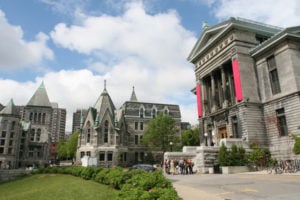
McGill University in Montreal (Shutterstock)
As the challenges facing Jewish students and communities continue to mount, Neil Oberman, a lawyer and the Conservative candidate for Mount Royal, has emphasized the urgent need for decisive leadership at every level of government and within institutions.
Oberman articulated his stance, stating: “It is imperative that university administrators prioritize the safety of their students during their educational pursuits. There must be a strict zero-tolerance policy for any form of hatred or aggression on campus. My colleagues and I are committed to reinstating law and order in Montreal, as a secure environment is essential for effective learning.”
He pointed to ineffective leadership at municipal, federal, and institutional levels as a key contributor to the rise in campus hostility, adding: “In a society that values freedom and democracy, individuals should not feel apprehensive about leaving their homes, attending classes, or utilizing public facilities.”
Oberman further outlined his vision for addressing these issues after the upcoming election cycle: “Alongside Pierre Poilievre and the Conservative Party of Canada, we aspire to rejuvenate our nation after nine years of Liberal-NDP governance that has weakened our fundamental institutions and distorted public perceptions of Canada.”
Oberman stressed that the current challenges are rooted in longstanding issues that predate the October 7th crisis.
He criticized Ottawa’s ineffective leadership, stating that mixed messages from the federal government have sown confusion and allowed extremists to exploit the lack of clarity to propagate hateful ideologies.
“Such behavior will no longer be tolerated under a Conservative Party administration,” Oberman affirmed. “Our communities cannot thrive if individuals driven by hate impede others from living freely each day. Only through collaboration with responsible Canadians and reforming our institutional frameworks can we hope to restore safety across Canada.”
A Collective Stand Against Antisemitism
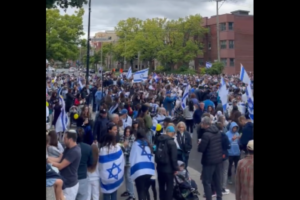
Thousands of Jews gather in Montreal for the ‘March for Jerusalem.’ (Twitter Screenshot)
Recognizing the need for broader community assistance, Hollander and a few colleagues helped establish the Quebec Legal Jewish Alliance. Comprising 300 lawyers, this organization provides legal services for less high-profile but equally critical cases.
It assists students, teachers, employees, and others in Montreal who face antisemitism but may not have the resources to consult a lawyer. “There’s a high volume of incidents in Montreal right now,” Hollander said. “The Alliance steps in where individuals might otherwise feel powerless.”
Oberman also represented two Jewish students at McGill University in a case against the McGill Encampment. While the case was ultimately unsuccessful, it underscored the extent of hostility faced by Jewish students on campus.
Hollander continues to provide support on related issues and highlighted his ongoing lawsuit against Concordia University, which underscores the institutional failure to protect Jewish students from harassment and violence.
Advocating for Dialogue: Ysabella Hazan’s Perspective
While Hollander focuses on legal advocacy, activists like Ysabella Elisheva Hazan are addressing antisemitic narratives in the public sphere. A law graduate and founder of Decolonized Judean, an empowerment movement, Hazan has become a vocal advocate for Jewish empowerment and open dialogue.
Hazan was scheduled to speak at an event at McGill University alongside Mosab Hassan Yousef, also known as the “Son of Hamas.” However, after significant opposition and even death threats, McGill canceled all in-person events for the remainder of the year.
While the event never took place, Hazan’s message remains clear: dialogue and resilience are the antidotes to suppression.
“Anti-colonial tactics of resistance won’t work on Jews, an indigenous people to Israel,” Hazan explained. “The sooner this is understood, the quicker we can create meaningful dialogue and reduce polarization.”
A Call to Action
The resilience of Montreal’s Jewish community serves as a powerful reminder of the strength that comes from unity and determination. The fight against antisemitism requires more than legal victories or public advocacy—it demands a cultural shift.
As Trudeau partied at a concert while Montreal burned, the question remains: will Canada rise to protect its Jewish citizens, or will it allow this wave of hatred to grow unchecked?
For now, the Jewish community in Montreal continues to fight—with the courts, with their voices, and with their unwavering commitment to their identity.
This is not just a battle for survival—it is a fight to affirm their place as equal members of Canadian society.

 2 months ago
83
2 months ago
83

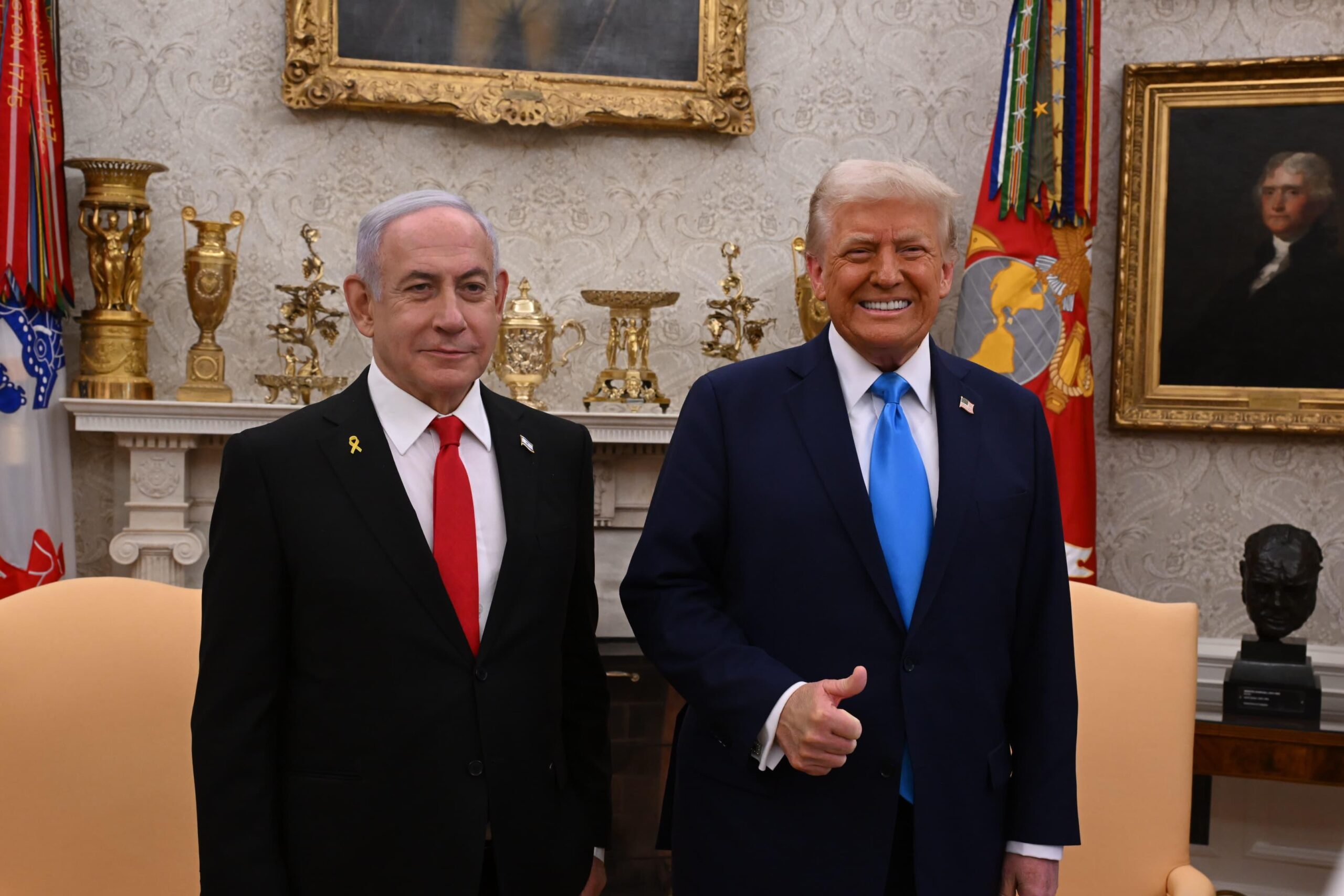
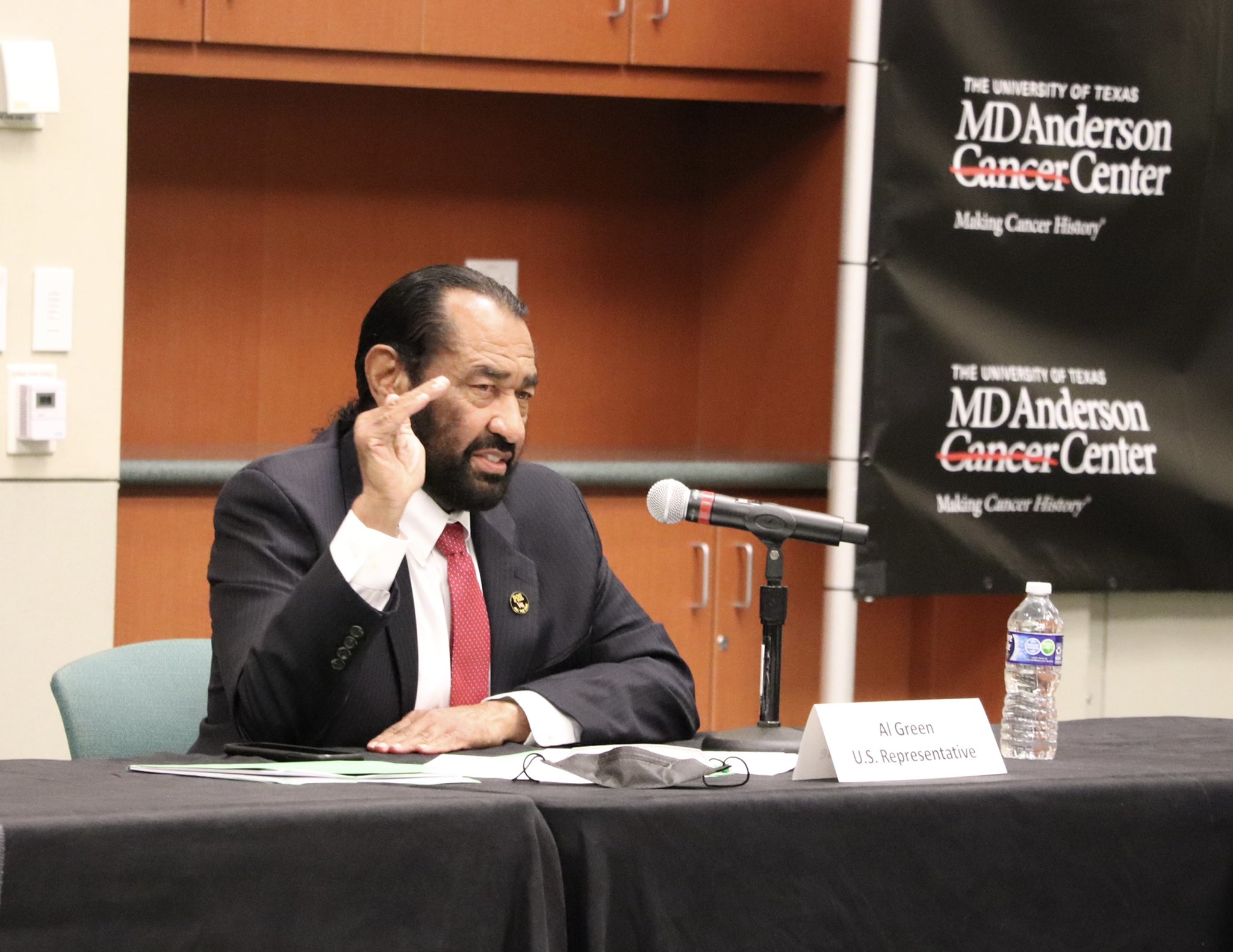
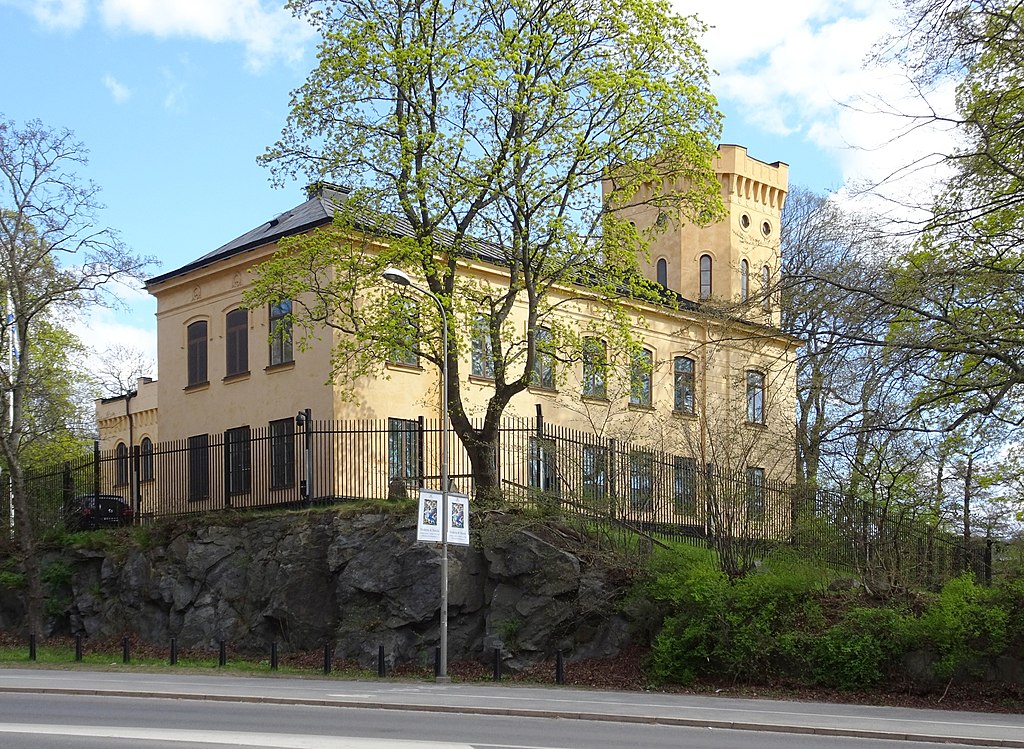





 English (US) ·
English (US) ·